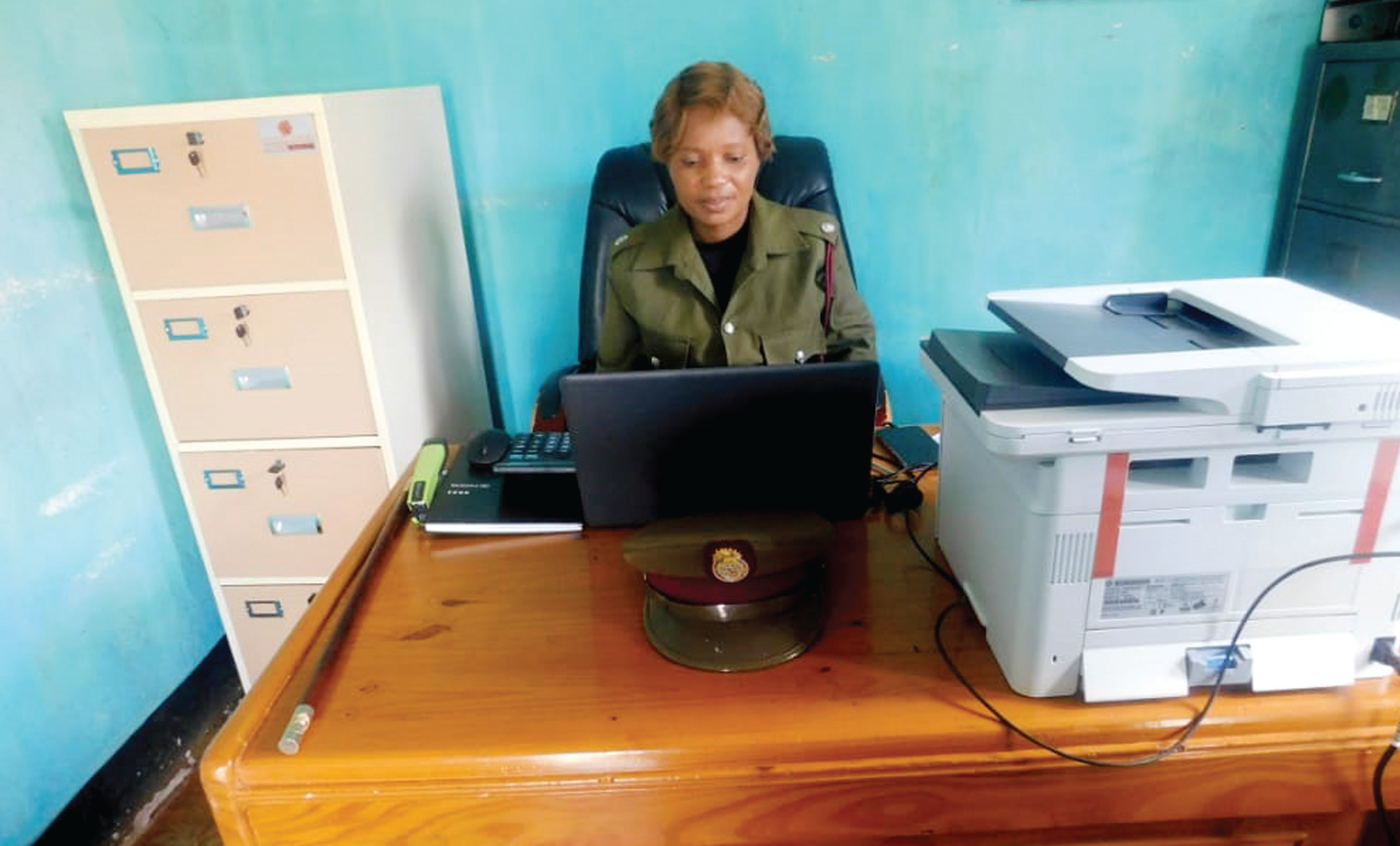Celebrating Wangari Mathaai
Africa’s first female Nobel Prize winner Wangari Mathaai, succumbed to a battle against cancer on Sunday, September 25th.
As an environmentalist, feminist, politician, professor, human rights advocate and head of the Green Belt Movement (which she founded in 1977), the Nobel Prize Laureate was a classic example of ‘Every Woman,’ someone whose work and tireless efforts have served to inspire women across the continent and indeed across the world. It is for this reason that this week’s note is in honour of Mathaai, a power-house, whose legacy lives on even though the candle of her life has been blown out.
Wangari Muta Mathaai was born on 1st April 1940 in Nyeri, Kenya. A star performer, she was awarded a scholarship to study Biology at Mount St Scholastica College Atchison, Kansas, USA. She received a degree in 1964. She earned a Master of Science degree from the University of Pittsburgh, USA. She then obtained a doctorate in veterinary anatomy at the University of Nairobi, becoming the first woman in East or West Africa to hold such a degree, according to the Nobel Prize website.
She moved on to become senior lecturer in Anatomy in 1974, chair of the Department of Veterinary Anatomy in 1976 and associate professor in 1977. She was the first woman to be appointed any of these in Nairobi.
Mathaai received numerous awards, including the French Legion of Honour and Japan’s Grand Cordon of the Order of the Rising Sun. She was the author of several books, including Unbowed: A Memoir, published in 2006.
She was, however, awarded the Peace Prize, in 2004, based on the work she did through Green Belt Movement; reforesting her country by paying poor women a few shillings to plant trees. The movement’s mission was to plant trees across Kenya to fight erosion and to create firewood for fuel and jobs for women.
According to the United Nations, her Green Belt Movement has planted more than 30 million trees in Africa and has helped nearly 900 000 women.
Mathaai toured the world, speaking out against environmental degradation and poverty, which she said early on were intimately connected. She served as Member of Parliament and as an assistant minister on environmental issues between January 2003 and November 2005.
Her life, however, was riddled with its fair share of trials and tribulations. She allegedly fell out with long serving Kenyan president Daniel arap Moi, which frustrated some of her political efforts. She also found herself jobless several times and was once evicted from her University of Nairobi house.
Maathai was beaten up and at some point arrested (after she referred to the judge that dealt with her divorce proceedings as either incompetent or corrupt). Remarkably, through these dark periods, Maathai did not give up on life or on her cause; she tirelessly forged ahead and clambered onto the nearest window of opportunity.
It is this tenacity, strength of character and sense of direction, among others, that make Mathaai a woman worth celebrating and, in some aspects, emulating.
ÂÂ
ÂÂ
ÂÂ
ÂÂ
ÂÂ
ÂÂ
ÂÂ
ÂÂ





